What is the purpose of edge banding?
Edge banding is a material used for edge protection and decoration of furniture and panels. It not only masks the rough edges of the panels and provides an aesthetic appearance, but also enhances the durability of the panels and prevents moisture penetration and daily wear and tear. Edgebanding is widely used in cabinets, bookcases, office furniture, and various interior decoration projects.
Is it necessary to sand before edgebanding?
Sanding the edges of the panels is an important step before edgebanding. Sanding can remove burrs and uneven parts of the edges of the panels to ensure better adhesion of the edge band. In addition, sanding can make the edges of the panels smoother, which helps the flat fit of the edge banding.
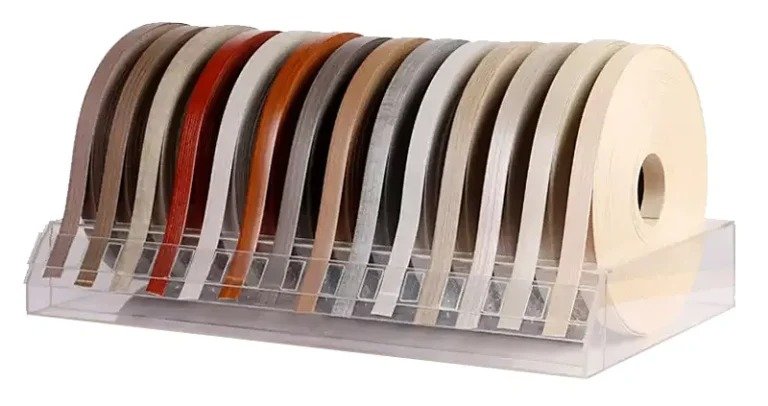
What are the advantages and disadvantages of edge banding?
Advantages:
Aesthetics: Edge banding can provide a variety of color and texture options, which can perfectly match various furniture styles.
Durability: Edge band can effectively protect the edges of furniture from wear and moisture erosion, extending the service life of furniture.
Easy to install: Edgebanding can be quickly installed with a hot melt glue machine, heat gun or electric iron, and the operation is simple.
Environmental friendliness: Many edge bandings are made of environmentally friendly PVC materials, which have less impact on the environment.
Disadvantages:
Cost: High-quality edge bandings may be expensive, especially when customized colors and textures are used.
Installation technology requirements: Although installation is relatively simple, it requires certain skills and experience to ensure that the edge banding fits flat.

Can edge banding be removed?
Yes, edge banding can be removed. If you need to remove the edge banding, you can use a heat gun or hair dryer to heat the edge banding to soften its glue, and then carefully peel it off. It should be noted that the removal process may cause some damage to the board, so you should be extra careful when operating.
Can I use a regular iron for edge band?
You can use a regular iron for edgebanding, but you need to make sure the temperature of the iron is set in the appropriate range (usually 120°C to 150°C) to avoid damaging the edge banding or the board. In addition, when using the iron, you should avoid staying in the same position for a long time to avoid burning the board.
Can I dye the edge banding?
While it is theoretically possible to stain the edgebanding, it is not usually recommended. The color and texture of the edgebanding is carefully designed at the time of production to meet a variety of decorative needs. If a specific color or texture is required, it is recommended to choose a custom service.
Do I need to paint the edgebanding?
Usually, it is not necessary to paint the edgebanding. The edgebanding itself has a rich selection of colors and textures to meet most decorative needs. If it does need to be painted, it is recommended to choose a paint that is close to the color of the edgebanding to avoid a large color difference.
What is the best way to trim the edgebanding?
When trimming the edgebanding, you can use a sharp blade or a dedicated edgebanding trimming tool. Make sure to keep the blade steady and straight when trimming to get a neat edge. For irregular edges, you can use sandpaper to polish them to make them smoother.
How durable is the edgebanding?
The edgebanding has good durability and can withstand the wear and impact of daily use. High-quality edgebanding is made of environmentally friendly PVC material, which is moisture-proof, waterproof and UV-resistant, and is suitable for use in various environments.
How to paste edge banding?
When pasting edgebanding, you can use a hot melt glue machine, a hot air gun or an electric iron. First, make sure the surface of the board is clean and dry, then align the back of the edge band with the edge of the board, use a heat source to heat the edgebanding to melt its glue, and finally apply pressure to ensure that the edge banding is firmly adhered.
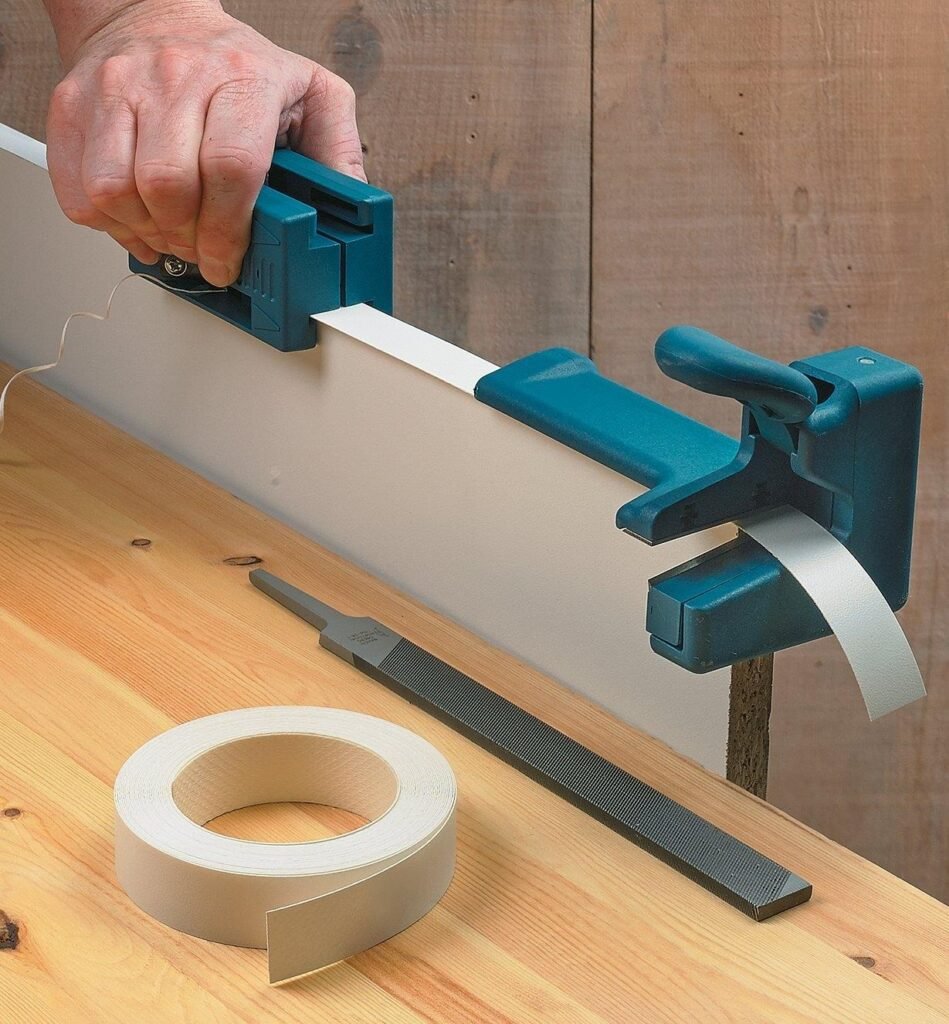
Why is my edge banding not sticking?
If the edge banding is not sticking, it may be due to the following reasons:
The surface of the board is not clean: Make sure the surface of the board is clean and dry, free of dust and oil.
Inappropriate temperature: Make sure the temperature of the heat source is set within the recommended temperature range of the edgebanding.
Glue problem: Check whether the glue of the edgebanding is expired or of poor quality.
Insufficient pressure: During the pasting process, make sure to apply enough pressure to make the edgebanding tightly bonded to the board.
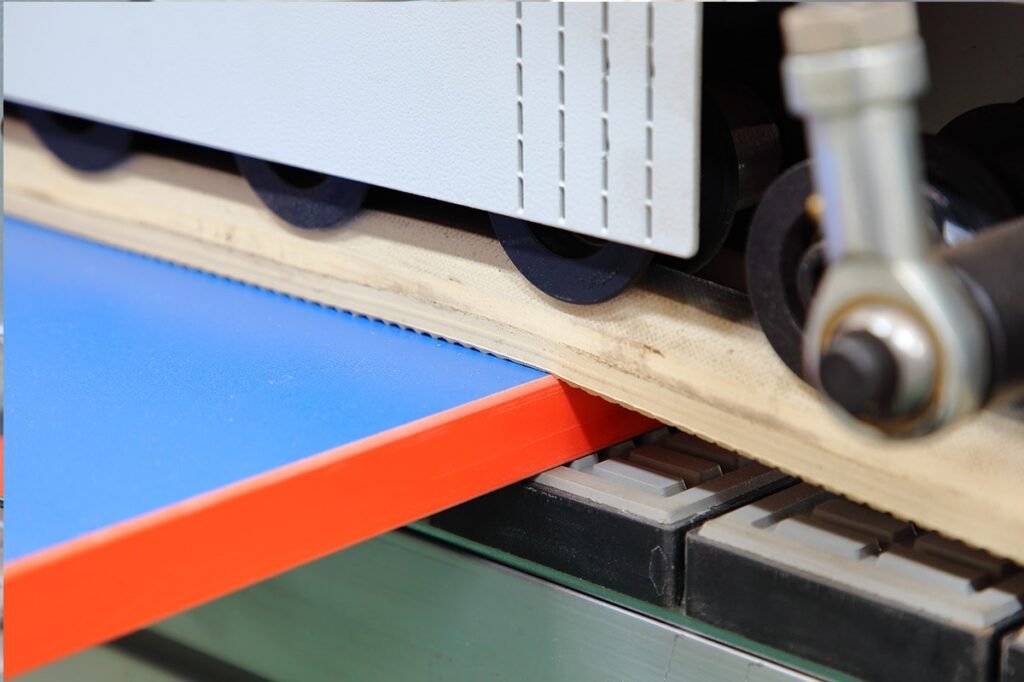
How to make the edge of the furniture smoother?
To make the edge of the furniture smoother, you can sand the edge of the board before installing the edgebanding. Use sandpaper or an electric sanding tool, gradually transitioning from coarse sandpaper to fine sandpaper until the edge is smooth. After installing the edge banding, if there are still uneven places on the edge, you can use sandpaper to gently sand the edge banding to make it fit better with the surface of the board.
Shanghai Lu Yao Industry Co., Ltd. is your professional choice in the field of edgebanding. We provide a variety of types of edge banding, including PVC edge banding, ABS edge banding, 3D acrylic edge banding, etc., which can meet your various needs.
If you have any questions about edgebanding or need customized services, please feel free to contact us. Our professional team will provide you with all-round support to ensure that you get a satisfactory solution.
Contact information:
Email: emily.gu@asiaedgebanding.com
Tel: +86-15618525178
We look forward to your consultation and provide you with the best quality products and services.






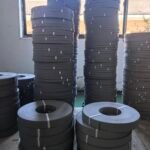
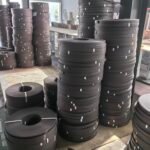
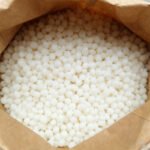
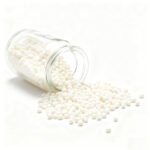
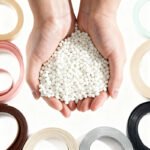




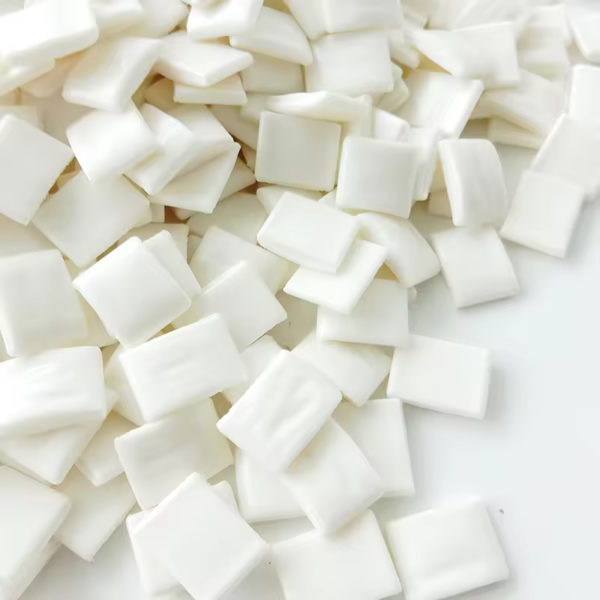

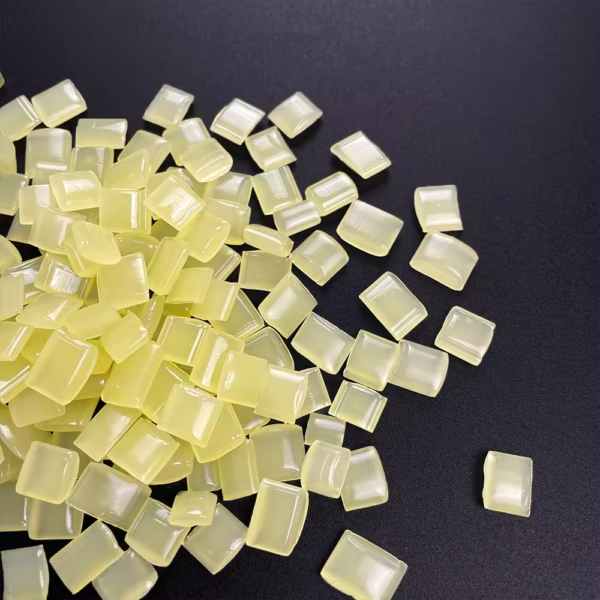

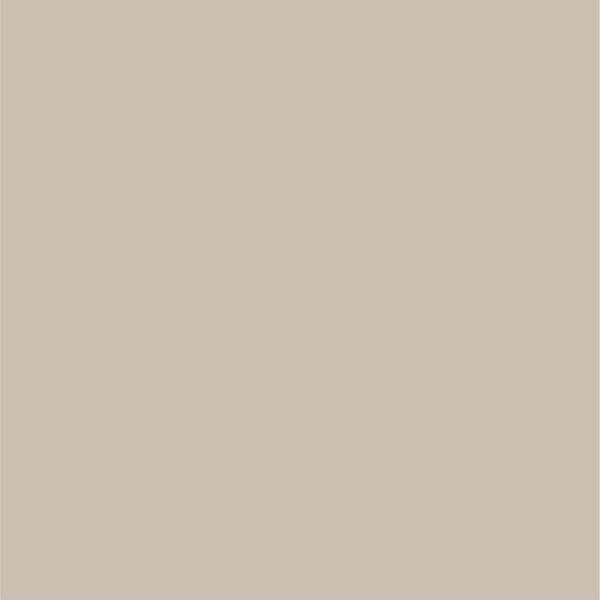
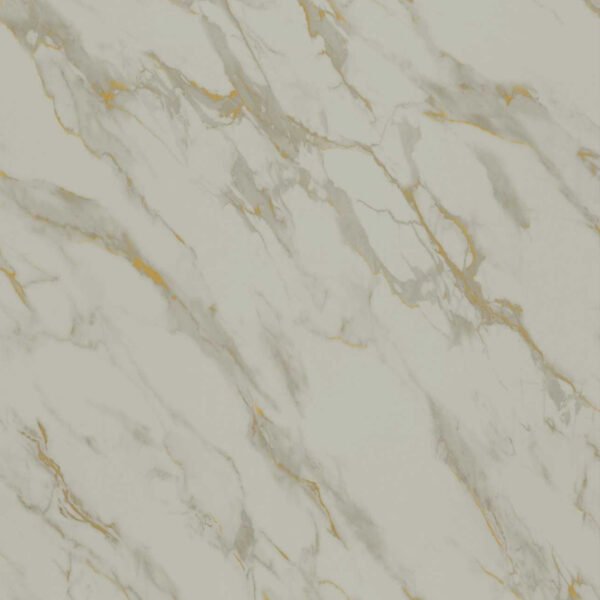

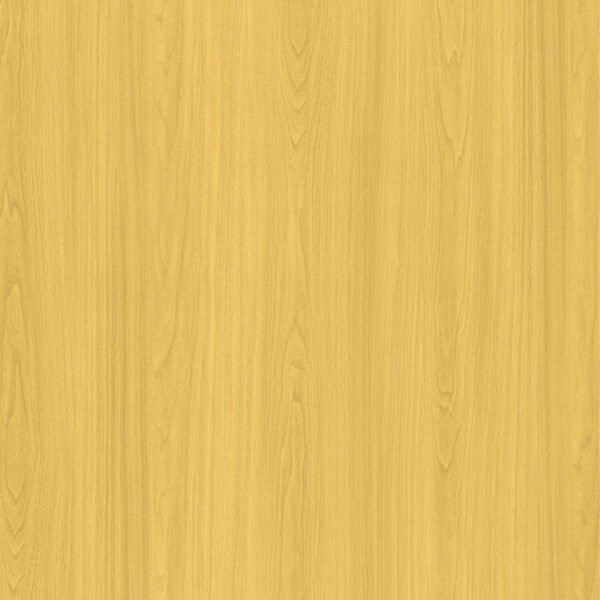


Leave a Reply